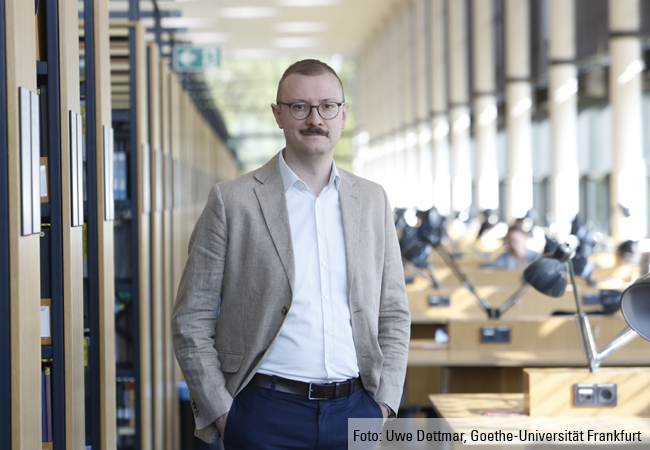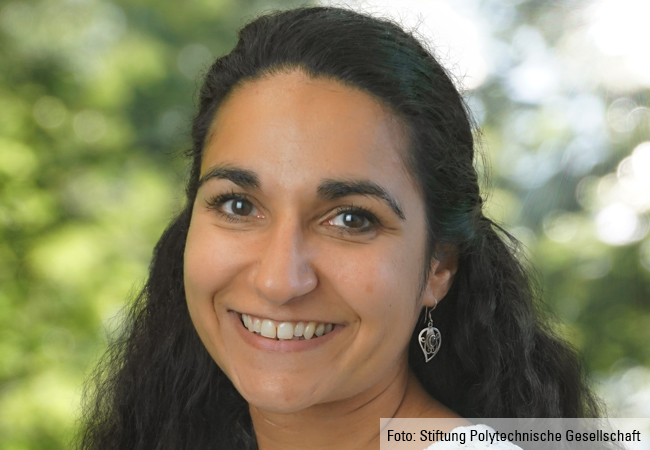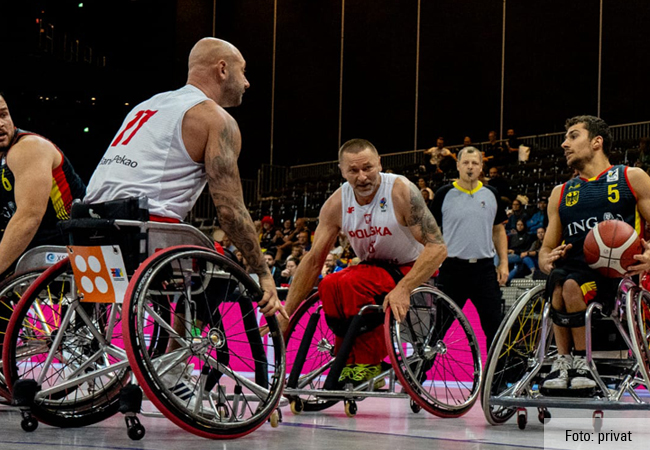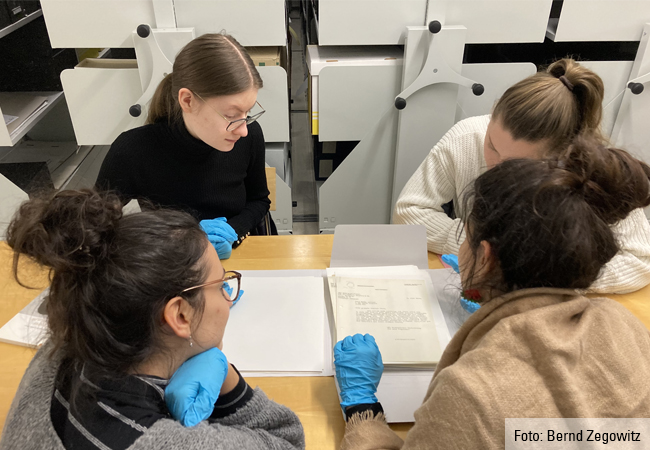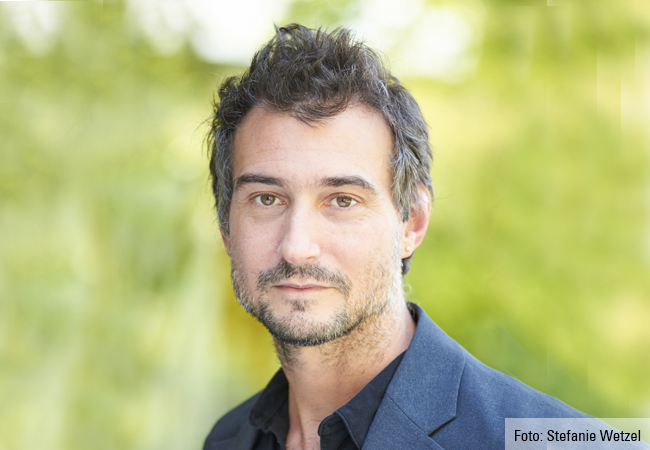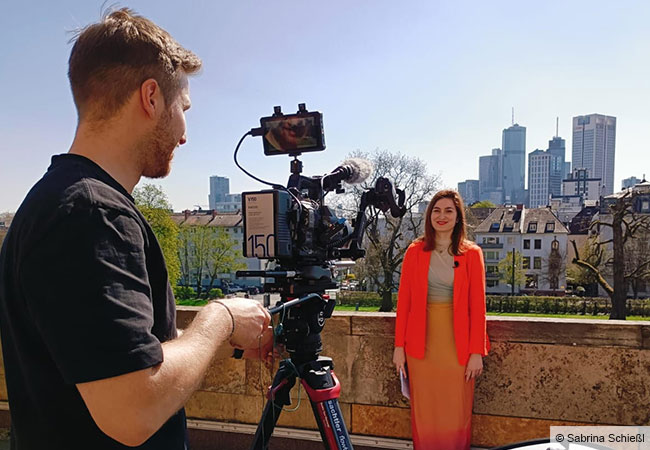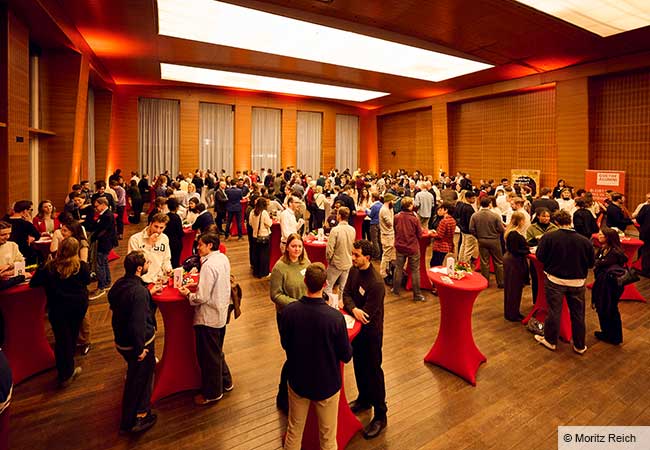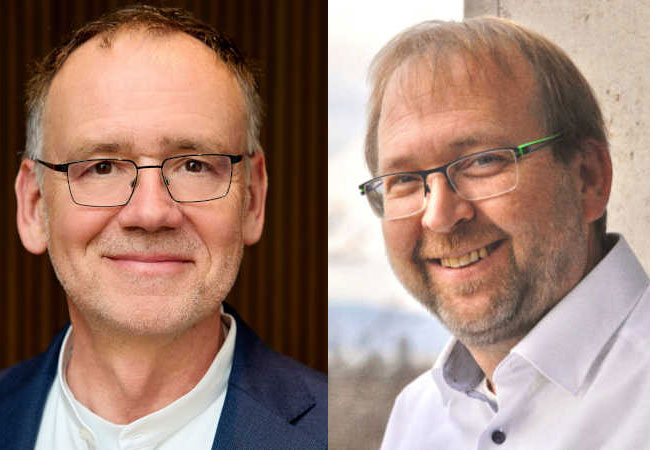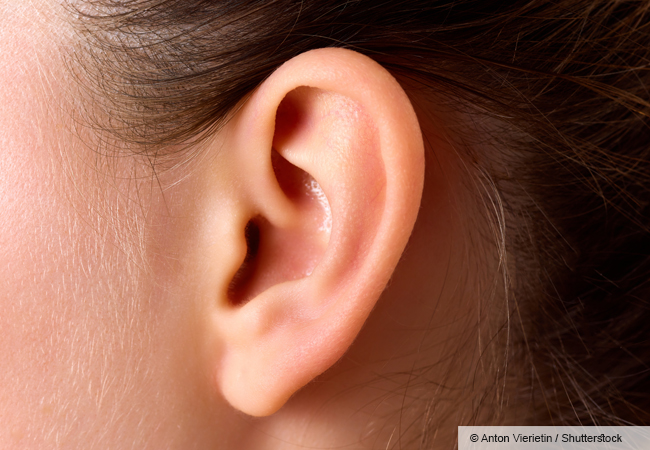Matthias Ludwig, professor of mathematics education, wants to arouse schoolchildren’s interest in calculating probabilities. The tool fussballmathe.de offers a playful way of delving into the fascinating world of statistics – and soccer fans can work out the teams’ chances of becoming European Champions.
Professor Matthias Ludwig is a huge fan of the Eintracht Frankfurt soccer team, and he is eagerly awaiting EURO 2024. “Having chosen to suspend fussballmathe.de during the World Cup in Qatar, we’re pleased to be offering it again for EURO 2024 – which will be played here in Germany. More so because Frankfurt is hosting five of the matches,” he says. Ludwig and his team are once again providing forecasts, simulations and material for math lessons in school. “Once the last participating countries were decided, we were once again able to produce our ‘multi-country ball’ kit. The ball consists of 24 kite shapes whose corners all lie on the circumscribed circle of this polyhedron.” Ludwig reckons that, depending on dexterity and concentration, it will take between 15 to 30 minutes to assemble the ball.
Yet the centerpiece of fussballmathe.de is definitely the statistical calculation of soccer match results. “Working out the chances of the German team is a bit tricky this time,” Ludwig concedes. Being the host country, the squad was automatically included in EURO 2024, without having to play any qualifying matches. “Germany therefore has a very low ELO rating.” Within the ELO system, points are either awarded to or deducted from a team depending on who the opponent was and how the game ended. If a team wins against an opposing squad with a higher ELO rating, it receives more points than if it wins against a team with a lower ELO score. At the same time, if a team loses against a stronger opponent, fewer points are deducted than if it had lost against a lower ranked team. However, in determining the probability of a team’s success, the calculation model on fussballmathe.de takes two more factors into account: In addition to the ELO ratings, it includes historical results and the team’s current value. “If we reduce the weighting of the ELO points in the computer model, a somewhat different picture emerges. The German team has quite a high value right now, even if it’s nowhere near that of the French team, for example, which is already valued at over one billion,” Ludwig explains. However, based on the ELO figures before the last EURO and World Cup, he doesn’t want to raise the hopes of German fans too much: “The figures then were actually far better, but both tournaments ended in bitter disappointment when the German team was knocked out.” Nonetheless, he’s one of many fans who are hoping for another miracle summer. Current forecasts put Germany’s chances of winning the tournament at a paltry 3.95 percent, while those of Spain stand at 15.98 percent, England’s at 18.17 percent, and the chances of France, the favorite, at 20.28 percent.
Ever the mathematician, Ludwig points out that the interpretation of probability calculations is always linked to the law of large numbers, adding that a singular event such as an individual soccer match makes very little difference. On the other hand, juggling with very large numbers is financially very relevant to professional betting offices. In addition to the forecasting model, soccer fans may also be interested in the simulation on fussballmathe.de, with which they can put on an entire game following the three-factor principle outlined above – as often and for as long as they want until, say, an outsider like Georgia becomes European Champion. Granted, such a simulation requires a lot of patience…
The fussballmathe.de database will be regularly updated, including during EURO 2024. “If Germany wins its first couple of matches, that will immediately boost its chances of winning the championship,” Ludwig says. So it’s worth taking a look at the website. The fussballmathe.de website for EURO 2024 is a project of the Institute of Didactics of Mathematics and Computer Science (Goethe University Frankfurt) in cooperation with the foundation “Stiftung Rechnen.”


